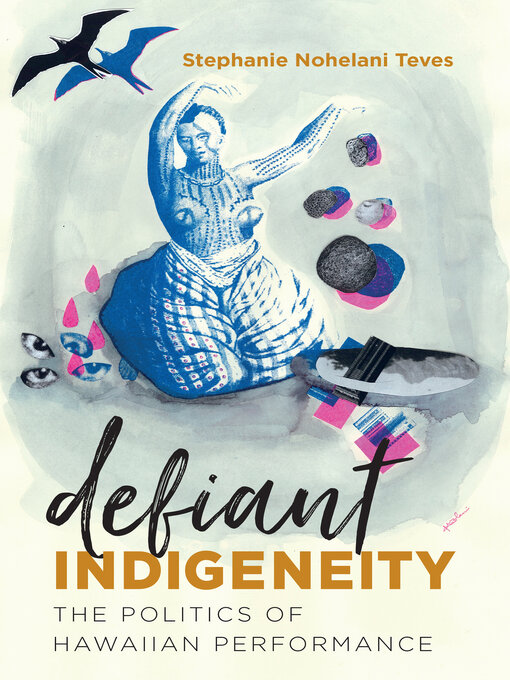- New eBook additions
- Plan Your Next Trip
- Game On!
- Available now
- Try something different
- Most popular
- New teen additions
- New kids additions
- See all ebooks collections
- Read by the Author
- Most popular
- For True Crime Enthusiasts
- New audiobook additions
- New kids additions
- New teen additions
- Available now
- Listenable History
- Try something different
- Audiobooks for the Whole Family
- Great Voices, Great Stories: Narrators to Love
- See all audiobooks collections
